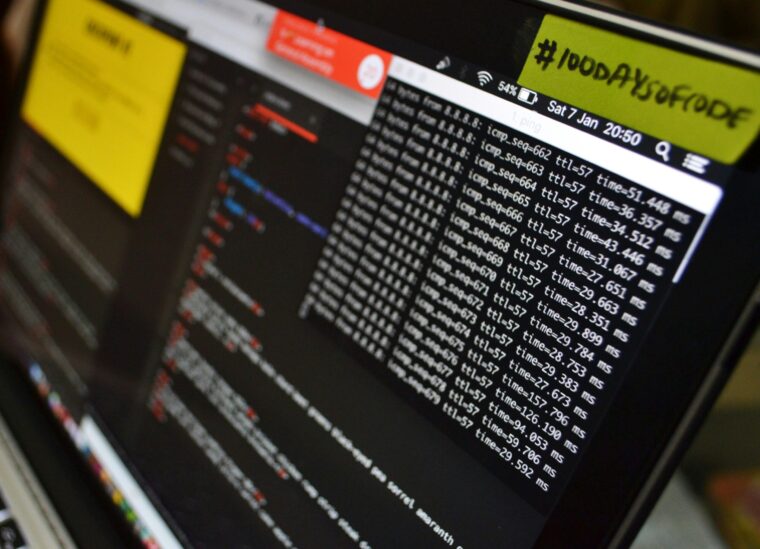
The U.S. Department of Energy (DOE) will invest $45 million on several projects to develop cybersecurity tools and technologies designed to strengthen the country’s energy systems against hackers.
Sixteen projects across six states will be charged with coming up with ways to strengthen energy systems that include the power grid, electric utilities, pipelines and renewable sources such as wind or solar against cyberattacks, the DOE said.
The projects — which are being led by entities that include universities and private sector businesses — will be overseen by the DOE’s Office of Cybersecurity, Energy Security and Emergency Response (CESER).
The program is the second the DOE has announced in 2024 aimed at bolstering cybersecurity for energy systems.
“DOE is committed to strengthening the nation’s energy sector, including protecting it against current or emerging cyber threats that would threaten Americans’ access to secure, reliable energy,” U.S. Secretary of Energy Jennifer M. Granholm said.
Cyberattacks on state and local governments are on the rise, according to a recent study conducted by the Center for Internet Security (CIS). The National Cybersecurity Review (NCSR), conducted in 2022 and 2023, showed an increase in attacks during that time, including malware, ransomware and other suspicious activities that affected state, local, tribal and territorial (SLTT) government organizations.
This round of projects selected by the DOE will catalyze the development of innovative solutions to address cybersecurity issues across the energy sector, supporting the advancement of a secure, resilient and reliable energy system for all, the DOE said.
DOE is partnering with industry stakeholders, vendors, national laboratories and academic institutions to tackle some of the most pressing issues in energy cybersecurity.
The projects include:
Electric Power Research Institute, Inc. (EPRI) in Palo Alto, California, will develop an advanced artificial intelligence and data processing capability to detect and respond to cybersecurity incidents in control system endpoints at the grid edge.
General Electric, GE Research in Niskayuna, New York, will develop an innovative ability using quantum communication to securely communicate time-sensitive coordination messages that are important to the resiliency of the power grid.
Georgia Tech Research Corp. will develop “DerGuard,” a framework utilizing AI techniques for automated vulnerability assessment, discovery and mitigation in distributed energy resources (DER) devices.
Texas A&M University-Kingsville will research, develop and demonstrate a zero-trust authentication mechanism with post-quantum cryptography to reduce the cyber-physical security risks to DER devices and networks.
Iowa State University of Science and Technology will develop technical solutions to be incorporated within the initial stages of future DER-integrated grid infrastructure development lifecycle for a more resilient operation of critical control functions.
All news and information on this site is provided by the team at Strategic Partnerships, Inc. Check out this short 1-minute video that provides a quick overview of how we work with clients.
Photo by Lewis Kang’ethe Ngugi on Unsplash
The post DOE to invest $45 million to find new ways to fight energy system hackers appeared first on Government Market News.
